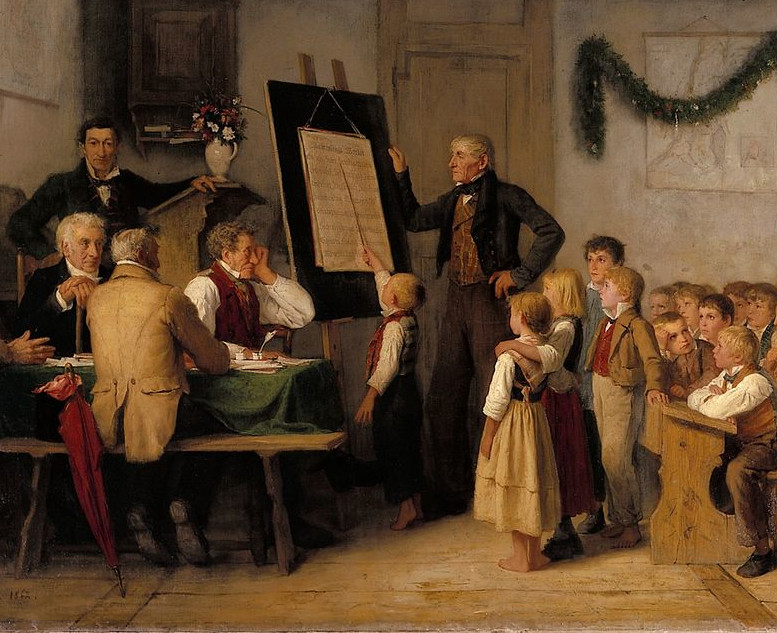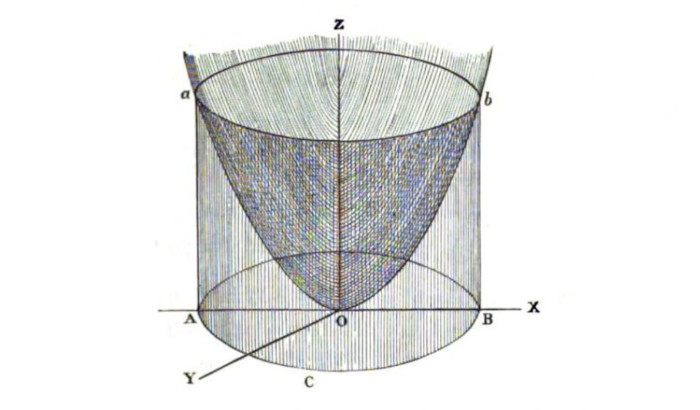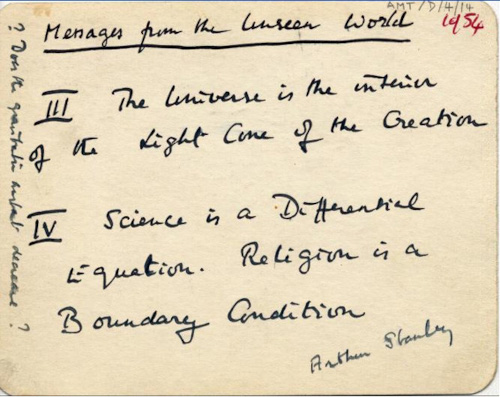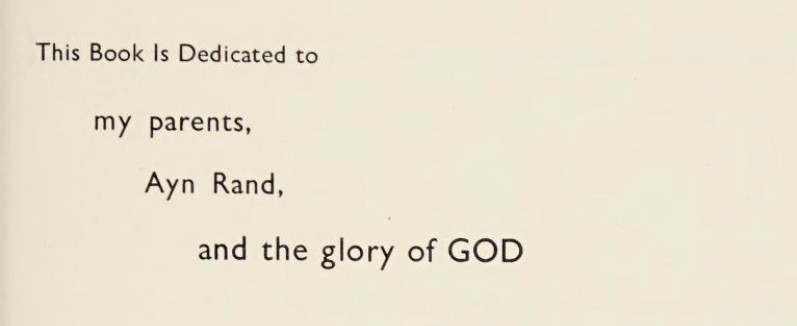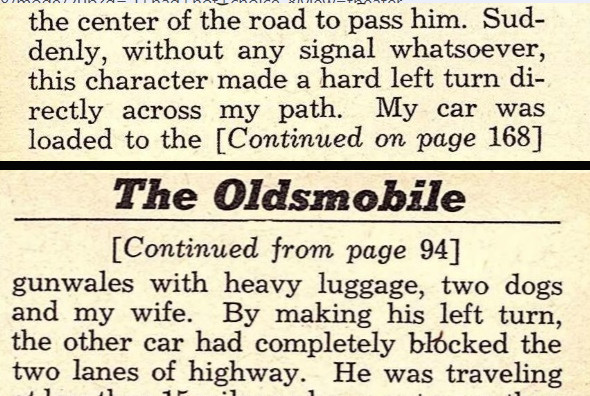Tom Waits? Steve Allen? John Prine? Dorothy Parker? Fred Allen? Carlton W. Berenda? Herb Caen? Lew London? Joshua Baer? Dr. Rock? Randy Hanzlick? Graffito?
Question for Quote Investigator: The following wordplay is popular with drinking enthusiasts. Here are two versions:
(1) I’d rather have a bottle in front of me than a frontal lobotomy.
(2) I’d rather have a free bottle in front of me than a prefrontal lobotomy.
This remark has been attributed to singer and songwriter Tom Waits, comedian and polymath Steve Allen, poet and wit Dorothy Parker, and others. I have been unable to determine who really deserves credit. Would you please explore this topic?
Reply from Quote Investigator: The earliest match for this wordplay known to QI occurred in the 1965 book “World Visions and the Image of Man: Cosmologies as Reflections of Man” by Carlton W. Berenda who was a Professor of Philosophy at the University of Oklahoma.1 Boldface added to excerpts by QI:2
And the male, confronted with this creature from day to day, may be driven to reflect upon three alternatives: “A bottle in front of me, a frontal lobotomy, or the front off the bottom of me!” There is a fourth alternative: Grow up!
The second earliest match occurred in a profile of Steve Allen published by the Copley News Service in 1976. The article described a comedy skit from a new syndicated TV program called “Laugh-Back” during which Allen played a character named Dr. Mal Practice who conversed with a potential patient played by Jayne Meadows:3
Jayne: “How did you become a country doctor?”
Steve: “They wouldn’t let me practice in the city.”
Jayne: “I was thinking of a prefrontal lobotomy.”
Steve: “A free bottle in front of me? Listen, you need a prefrontal lobotomy like you need a hole in your head.”
Both Carlton W. Berenda and Steve Allen are leading candidates for creator of this quip. The first published evidence points to Berenda in 1965; however, Allen has claimed in a 1987 book that he accidentally invented the joke during his nightclub act which he performed before and after 1965. Tom Waits used the joke in 1977 after it was already in circulation. The attribution to Dorothy Parker occurred many years after her death and that evidence was not substantive.
Additional selected citations and details appear below in chronological order.
In March 1977 widely published columnist Herb Caen of the “San Francisco Chronicle” in California reported that the joke was seen written on the wall of a pub in his home town:4
For the graffito of the wk., Gordon Taylor nominates this, on the menzroom wall of the Edinburgh Castle on Geary: “I’d rather have a free bottle in front o’ me than a prefrontal lobotomy”
In August 1977 Tom Waits appeared as a guest on the television show “Fernwood 2 Night” which was a parody of a late night talk show.5 The primary host was Barth Gimble who was played by comedian Martin Mull. The show presented a fanciful scenario in which the van carrying Tom Waits to a concert broke down and stranded him in the fictional small town location of the program:6
Martin Mull (as Barth Gimble): It’s kind of strange to have a guy sitting here with a bottle in front of him. Ha. Ha. Ha.
Tom Waits: Well, I’d rather have a bottle in front of me than a frontal lobotomy.
In October 1977 “The Burlington Free Press” of Vermont published a piece about a local performance by musician Lew London who played a song with a title based on the quip:7
The mandolin — his “eight-string clarinet” — was used to tell an instrumental tale about an alcoholic on “I’d Rather Have a Bottle in Front of Me, Than a Frontal Lobotomy.”
In February 1978 the UPI News Service published an article about the celebration of Mardi Gras in New Orleans, Louisiana:8
The young lady on a wrought-iron balcony above the crowd in Bourbon Street, a blonde with more hair than costume, cupped her hands in front of her face and shouted: “I’d rather have a bottle in front of me than a frontal lobotomy!”
Also, in February 1978 columnist Herb Caen of San Francisco wrote about this topic again. Caen reported that a reader had told him that Steve Allen deserved credit for the joke which dated back to 1958 although no direct evidence for this claim was presented:9
Let’s get our act together, folks: S. Clay Wilson points out that the graffito most often sighted and printed these days — “I’d rather have a free bottle in front of me than a prefrontal lobotomy” — was first uttered by Steve Allen as long ago as 1958.
In March 1978 journalist Clark Peterson at music magazine “CREEM” recalled Tom Waits’ striking television appearance:10
When he made his TV debut on Fernwood 2 Night, singing “The Piano Has Been Drinking (Not Me)” and then bantered with friend/host Martin Mull, Mull apologized for having only a Diet Pepsi to offer. Waits whipped out a flask from his coat and Mull made a comment about him “sitting here with a bottle in front of him.”
“I’d rather have a bottle in front of me than a frontal lobotomy,” Waits shot back. Later he offered: “People who can’t face drugs turn to reality.”
In May 1978 columnist Joshua Baer of the influential periodical “Musician” began an article with the following statement without attribution:11
I’d Rather Have a Free Bottle in Front of Me Than a Prefrontal Lobotomy
In January 1979 a columnist at “Variety” magazine described a sign at a far-off bar in Haines (misspelled as Haynes), Alaska:12
There is at least one lonely person fearing for his sanity in the serenity of the wildness who graphically stated his case and hung it over a bar for others to share and be guided by. The sign reads: “I would rather have a free bottle in front of me than a free frontal lobotomy.”
The 1980 collection “Graffiti 2” compiled by British researcher Nigel Rees contained the following item and location:13
I’d rather have a full bottle in front of me than a full frontal lobotomy. Leicester University
Also, in 1980 “The Official Explanations” compiled by Paul Dickson included the following item crediting comedian Fred Allen. QI conjectures that the names of the two Allens, Steve and Fred, were confused:14
Allen’s Motto. I’d rather have a free bottle in front of me than a prefrontal lobotomy.
(Fred Allen. DRW.) Source: DRW. Donald R. Woods, Stanford, Cal.
In 1981 entertainment trade journal “Billboard” linked the saying to a musician who was attempting to promote himself:15
An Atlanta pathologist who works at a local blood bank there has discovered an unusual way of launching his music career: as “Dr. Rock,” Randy Hanzlick has released his debut single entitled “I’d Rather Have A Bottle In Front Of Me (Than A Frontal Lobotomy).” On the Kand Hanz label, the novelty record has attracted some attention nationally, and Hanzlick hopes that this will lead to more recording for him.
In 1982 the saying appeared as a slogan for a t-shirt listed in an advertisement printed in “Rolling Stone” magazine:16
TAKE A FREE T-SHIRT! WITH EVERY 4 YOU BUY!
I’D RATHER HAVE A FREE BOTTLE IN FRONT OF ME THAN A PREFRONTAL LOBOTOMY
In 1982 the saying with an anonymous attribution appeared in “The 637 Best Things Anybody Ever Said” compiled by Robert Byrne:17
I’d rather have a free bottle in front of me than a prefrontal lobotomy. Unknown
In 1987 Steve Allen published “How To Be Funny: Discovering the Comic You”. He described creating the line spontaneously during his nightclub act, but Allen did not precisely specify when he created the line. He had a long history in show business achieving fame on radio and later on television with “The Steve Allen Show” in 1950 and “The Tonight Show” in 1953:18
One of the biggest laughs in my nightclub act is a joke in the Dr. Mal Practice sketch. At that point, I’m talking about having performed brain surgery. For this particular spot I had written a line saying that the patient needed a prefrontal lobotomy like he needed a hole in the head.
The line always worked well. But one night, while on the way to that particular joke, I momentarily forgot the phrase “prefrontal lobotomy.” Whenever I have a moment of forgetfulness onstage, I naturally have no alternative but to revert to the ad-lib mode. A second or two later the phrase I was fishing for came back to me and I said, “The operation was a… a… prefrontal lobotomy. Or no, wait a minute. Maybe it was a free bottle in front of me.”
That line got a much bigger laugh than the regular hole-in-the-head reference, so naturally it became a permanent part of the routine. Some time later comedian Martin Mull happened to mention to me that he’d seen a country type comic a few days earlier whose work he had enjoyed very much and quoted the “free bottle in front of me” line as an example of how funny the comic was.
In November 1989 a writer in a Texas newspaper tentatively attributed the line to a country music star:19
Tom Allston of The Amarillo (Texas) Globe-News says a recent article on country music titles brought to mind a couple of songs by Amarillo songwriters:
“You Put the Hell in Hello and the Good in Goodbye” by Bobby Hertner, and “I Play the Jukebox to Remember What I’m Drinking to Forget” by Jim Daniel.
But Allston says the all-time classic as far as he is concerned is by John Prine (“I think”): “I’d Rather Have a Bottle in Front of Me Than a Frontal Lobotomy.”
A dozen days later in 1989, a columnist in Fresno, California attributed the saying to Dorothy Parker:20
The writer also mistakenly attributed “I’d Rather Have a Bottle in Front of Me than a Frontal Lobotomy” to singer-songwriter John Prine. Prine did not sing the tune, and it may not even be a song. The phrase itself is generally attributed to Dorothy Parker.
In conclusion, the two top candidates for authorship of this quip are Carlton W. Berenda and Steve Allen. Berenda wrote the earliest published instance which occurred in the 1965 book “World Visions and the Image of Man”. However, it is possible that Berenda heard it during the nightclub act of Steve Allen who was a veteran performer before the 1960s. Allen claimed coinage of the joke in his 1987 book “How To Be Funny”, but the earliest published proof that Allen used the joke occurred in November 1976 when he presented a version of his nightclub act on television.
Tom Waits, Herb Caen, Lew London, Joshua Baer, Randy Hanzlick, and many others used the saying after it was already in circulation. Instances have appeared as graffiti on both sides of the Atlantic. The attributions to Dorothy Parker and Fred Allen are unsupported.
Image Notes: Picture of champagne bottles and glasses from DariuszSankowski at Pixabay. Image has been resized.
Acknowledgments: Great thanks to Joshua Beiningen, Janet McConnaughey, Jesse Sheidlower, Stuart Barr, Rayandlise, and Steve White whose inquiries led QI to formulate this question and perform this exploration. Special thanks to previous researchers Barry Popik, Fred Shapiro, Nigel Rees, Mardy Grothe, and others. Popik identified the important citations in 1965 and 1976.
